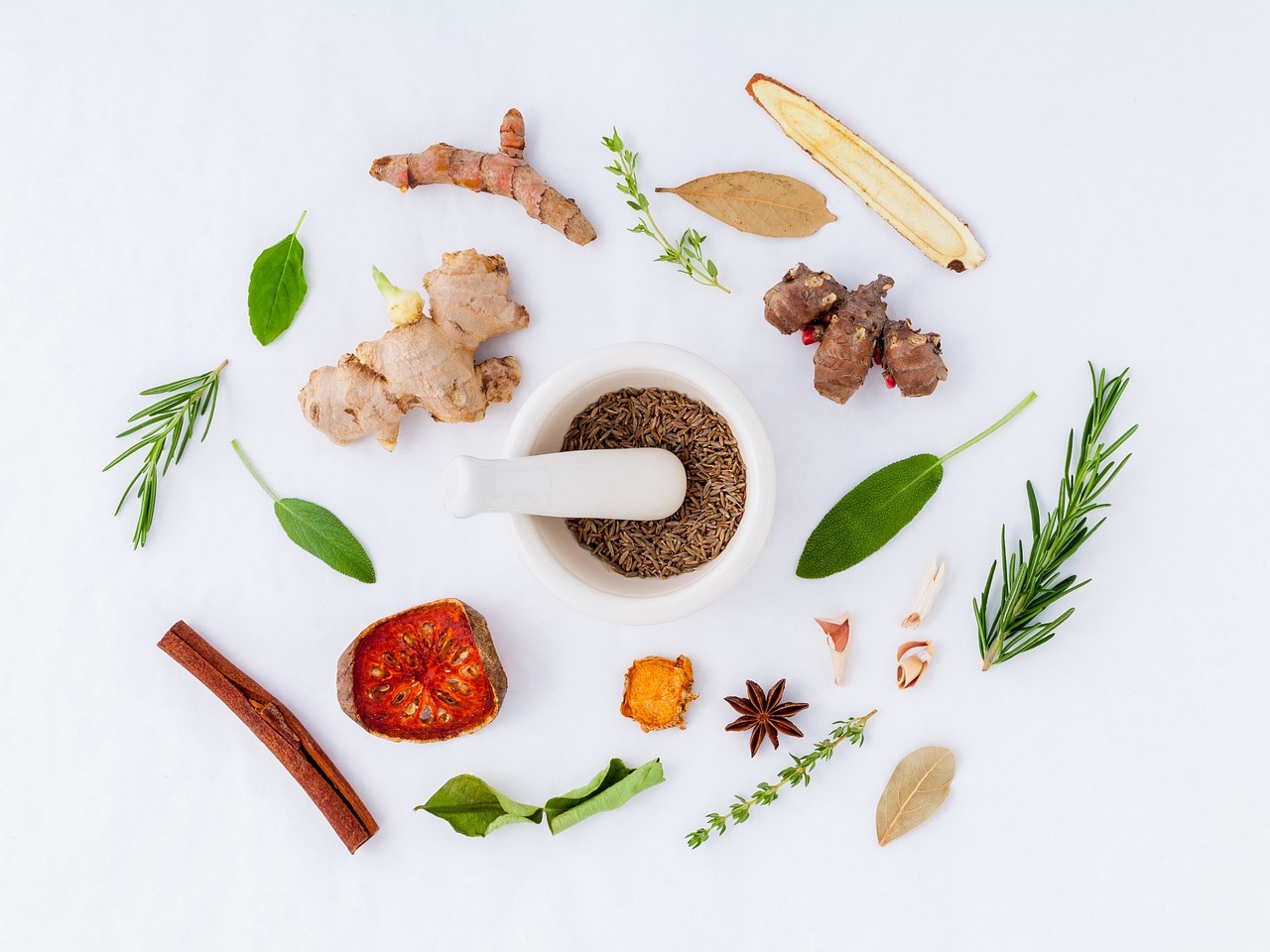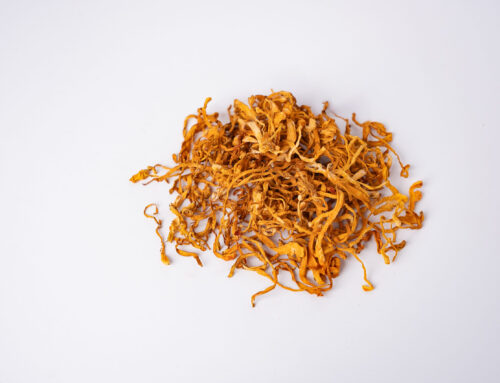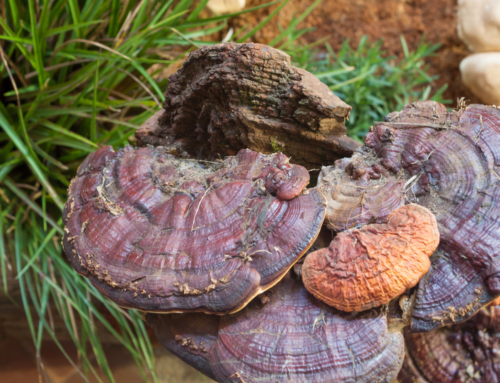Rife with ridges and bumps, veins and papillae, the human tongue resembles some alien landscape. But a careful physical examination can tell a naturopathic doctor a lot about your overall health.
The tongue tells all
According to Dr. Cecilia Ho, a Toronto-based Naturopath and TCM practitioner, Tongue and Pulse diagnosis are two important and reliable diagnostic tools in Traditional Chinese Medicine (TCM).
“TCM is part of the ND scope of practice; it’s just one of many of the tools we use to confirm a diagnosis,” explains Dr. Ho. “Through our training we do get 4 years of TCM, but as Naturopathic doctors, we use other diagnostic tools such as blood work, saliva hormone testing, hair and mineral analysis – and some of use may have extra experience in things like iridology.
“TCM theorizes that the tongue has connection to the different organs and meridians in the body,” she explains, “and inspecting the tongue is one of the easiest, non-invasive ways to identify potential root causes of a patient’s health complaint.”
The picture of health?
During an examination, your practitioner looks for a number of visual cues which range from colour (indicates the state of overall health) and coating (which points toward digestive health) to the shape and/or size (implies a possible deficiency state or excess).
A healthy tongue should be a pale pink colour, with a light white coating, and neither too dry or overly moist.
Colour changes or unevenness in its texture or appearance may uncover allergies, deficiencies and circulation or digestive issues.
Colour coded
The tongue displays a few key colours that indicate to a Naturopath and TCM doctor that something’s amiss:
Red
According to TCM, “a red tongue could indicate an excess of heat in the body. Heat from the Western medicine perspective could also indicate an inflammatory state,” Dr. Ho advises.
A red tongue could also be caused by a deficiency in folic acid, iron or B12.
White
“A pale tongue could indicate a blood deficiency or wind cold invasion,” says Dr. Ho.
A thick white coating on the tongue could be Candida (also known as yeast or thrush), which often occurs after a course of antibiotics or chemotherapy, if you have diabetes or have a compromised immune system.
Black
While alarming, a black, hairy tongue is often harmless; it’s an overgrowth of the papillae (small bumps) on the tongue, which then trap bacteria and other debris.
It’s generally caused by poor oral hygiene, heavy tobacco use, or a course of antibiotics.
Yellow
A yellowing of the tongue can be the early sign of black hairy tongue. In TCM it may indicate “impaired function in the intestines, bladder or uterus.”
In Western medicine, it may be a sign of jaundice, accompanied by yellowed eyes and skin.
A feel for things
The texture and coating of the tongue can also play a role in a diagnosis, reveals Dr. Ho. “For example, a greasy coating on the tongue could indicate there is dampness or heat in the body.”
Caused by an over-consumption of greasy/fatty foods and sugar, a patient might demonstrate irritability, rashes or acne, sweating or excessive thirst.
Other texture considerations include:
Cracks or fissures
Cracks are another possible indicator of yeast, as well as a biotin (B7) deficiency.
Scalloped edges
A pale, scalloped tongue indicates dampness within the body – which, in TCM, is “considered to be the cause of many illnesses such as high cholesterol, cancer, metabolic disorders, chronic fatigue syndrome, fibromyalgia, allergies and environmental illness.” Other accompanying complaints include loose stools, bloating, fatigue and pervasive cold.
TCM recommends treating symptoms with “warming” foods like soup, ginger and cinnamon.
– – –
Although the tongue is a reliable source of potential illness, Dr. Ho advises that not all irregularities are indication of diseases; certain medications and food may change the coating and colour of the tongue (e.g., certain antibiotics can create a black coating on the tongue, while coffee and certain foods or candies can stain.)
It’s also important to note that tongue analysis is but one part of the Naturopathic Doctor’s scope; it takes years of education and schooling before they are able to make a “quick” diagnosis. While self-evaluation can be a helpful prompt in knowing when to seek medical help, final health pronouncements are best left to the experts.
Additional or accompanying symptoms like burning/stabbing pain of the tongue, stiffness or swelling that interferes with swallowing or breathing should be attended to by your family doctor or GP.
Disclaimer:
This article is for the purpose of providing information only. It is not intended as the practice of medicine or the provision of medical services. This site does not provide medical advice; the content provided is not meant to be a substitute for medical advice, diagnosis or treatment. Always consult your provider or other healthcare professional with any question regarding any medical or mental health condition.







Informative and well written , learn a lot of stuff today. Good read and informative.